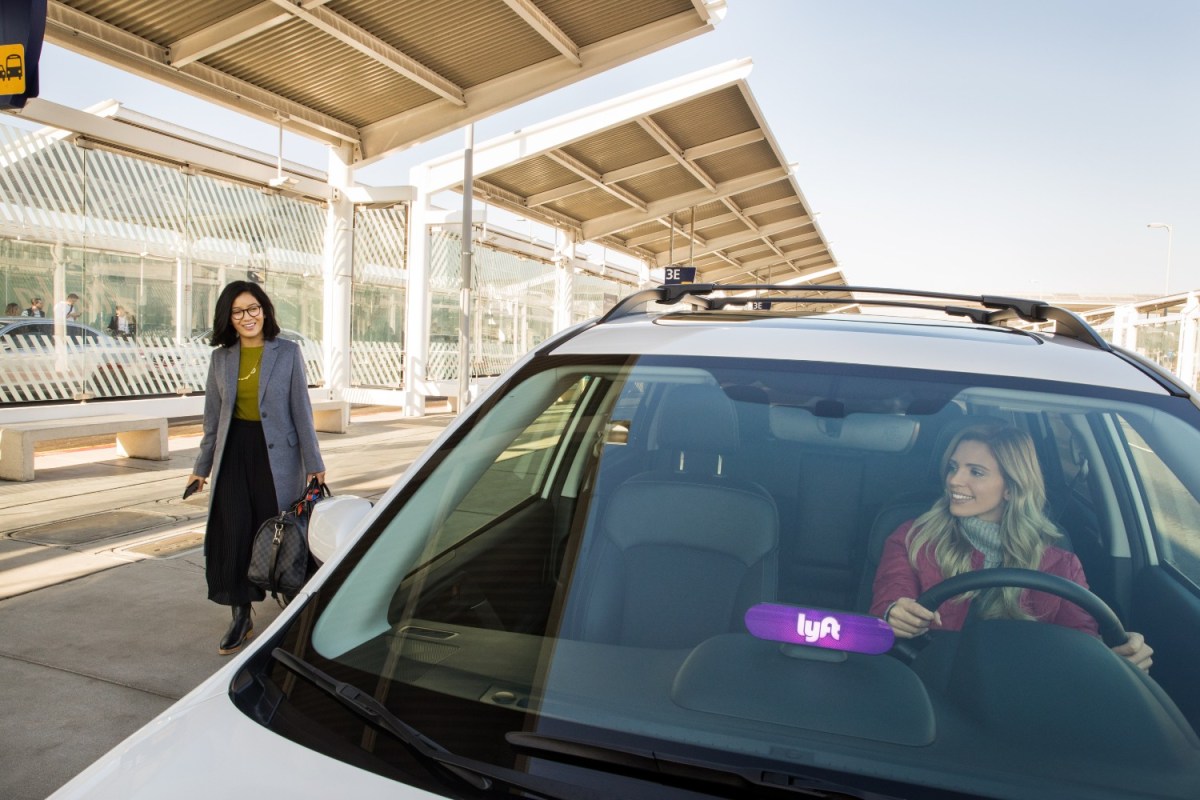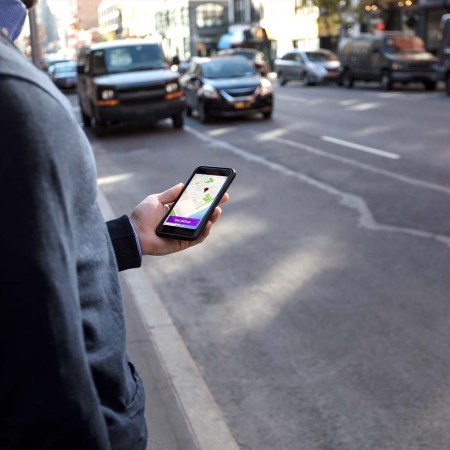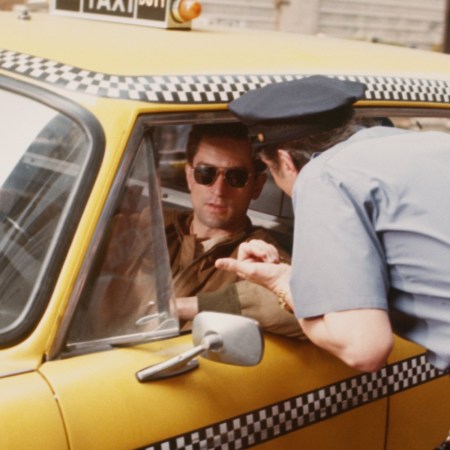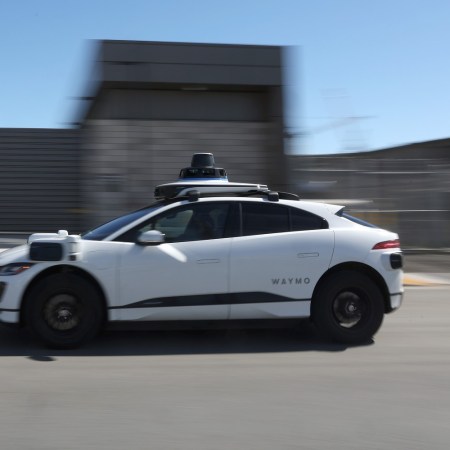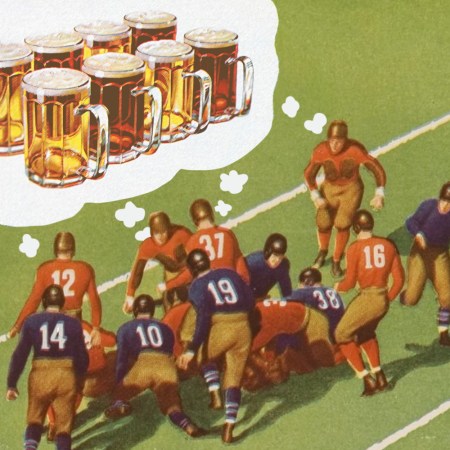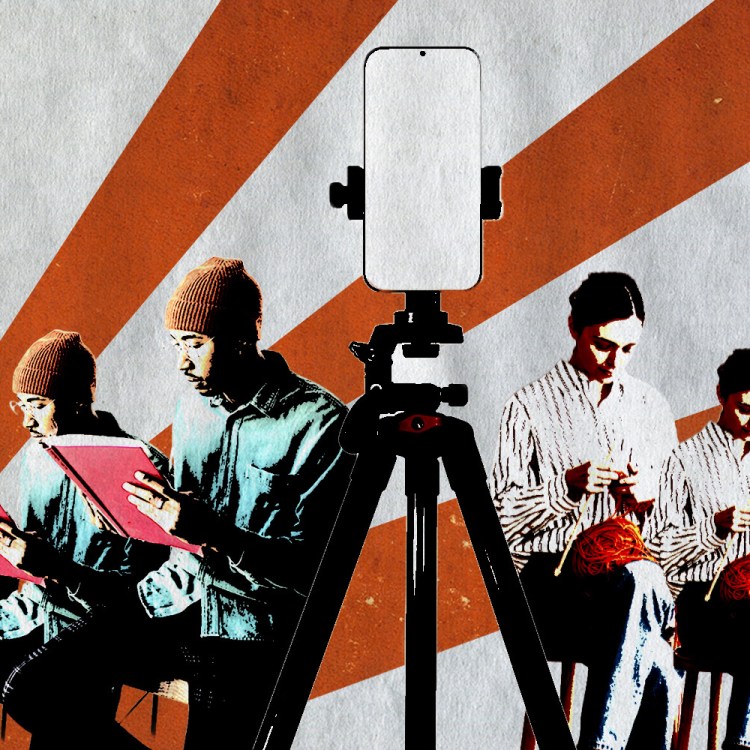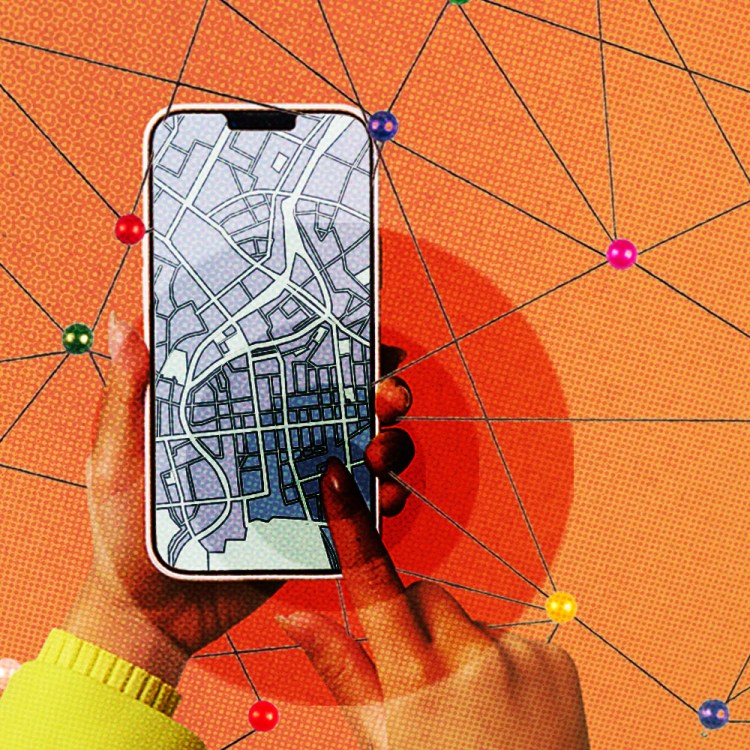Could getting from place to place using Uber of Lyft become a thing of the past? If you’re using it to get around Minneapolis, that’s a very real possibility. As NPR’s Dara Kerr reports, both rideshare companies have threatened to exit Minnesota’s largest city. The issue at hand is a city council bill that would require rideshare companies to pay their drivers a minimum wage.
As Kerr writes, the bill has gone through several iterations and has been repeatedly vetoed by Minneapolis mayor Jacob Frey. The council then overruled Frey’s veto, with the law set to go into effect on May 1. It’s that date that’s emerged as a flashpoint, with Uber’s senior director of public affairs telling NPR that the city council had “[kicked] Uber out of the Twin Cities.” Which seems like a stretch.
This feels more and more like a high-stakes game of chicken than anything else, with the livelihoods of numerous drivers in the balance. It’s also worth pointing out that alternatives to these companies do exist — including taxis and other startups. Veena Dubal of the University of California-Irvine told NPR, “[I]f they do leave, high road alternatives will take their place.”
Exploring the Airport Secrets of Rideshare Drivers
Airport driving isn’t always the friendliest to Uber and Lyft driversThe conflict is one that’s long hovered over discussions of the gig economy, namely — to what extent can rideshare companies’ treatment of workers who aren’t technically employees be regulated? It’s been an area of concern for state and local governments around the country, and it’s also led to the creation of a few startups — Revel and Alto among them — that have opted to hire drivers directly.
This article appeared in an InsideHook newsletter. Sign up for free to get more on travel, wellness, style, drinking, and culture.
